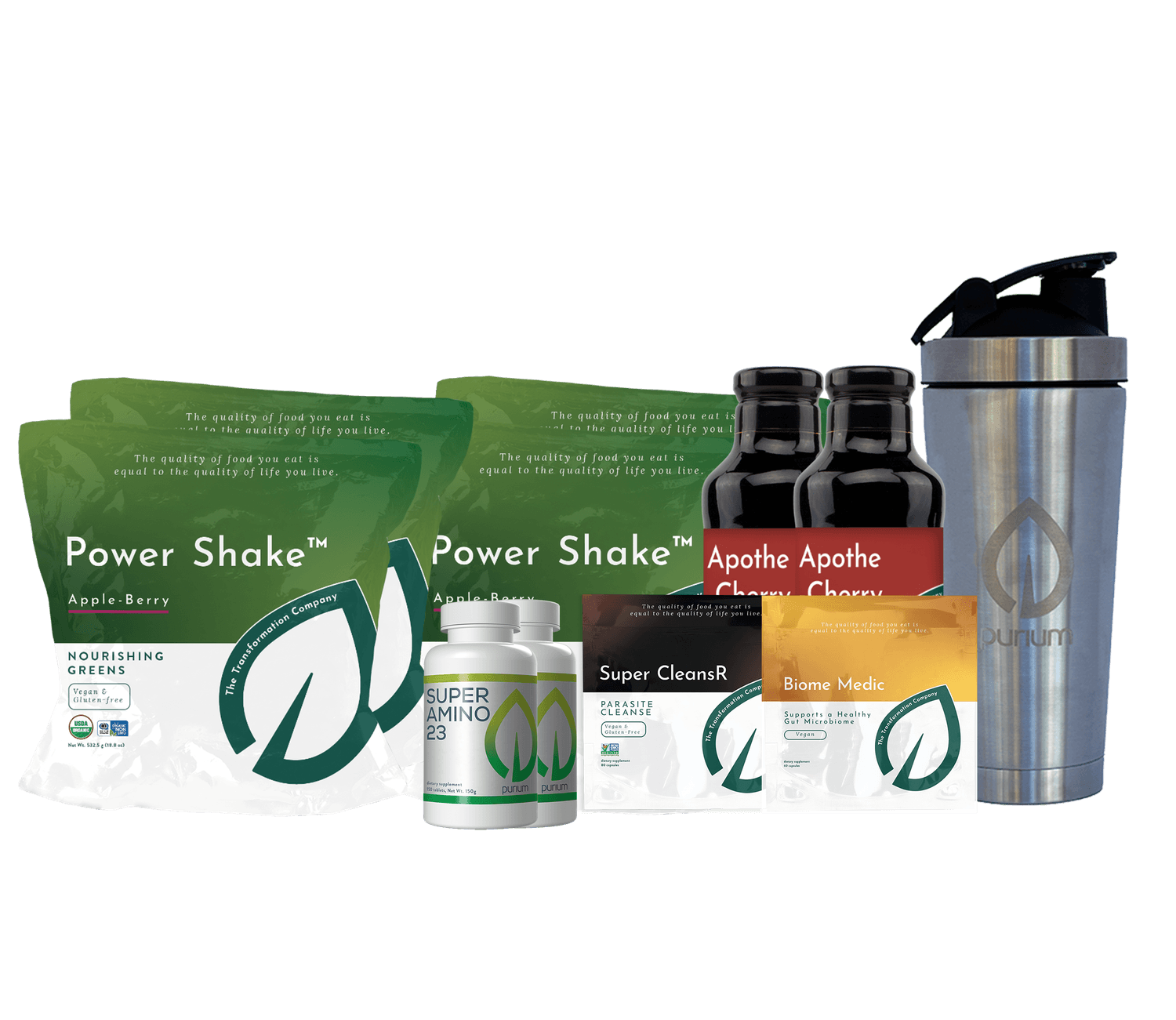
Why I don't drink coffee
Coffee is a substance that is often turned to for energy. Some of the drawbacks of it are that it is acidic and highly addictive.
Coffee is acidic, leaches minerals from bones, causes excess stress hormones to be released, all which increase inflammation.
Coffee stimulates the brain to produce dopamine, a neurotransmitter. Dopamine elevates our mood and can make us feel better-part the reason that coffee is hard to quit for many people. It can drain your adrenals and deplete your body of minerals.
The constant consumption of coffee really taxes the adrenal glands by pumping the body full of adrenaline. As the adrenaline wears off, cortisol slowly builds up. When this cycle is continually repeated, cortisol builds up and creates the same effects as chronic stress.
Mechanism:
Caffeine, the primary active compound in coffee, is responsible for these effects. It stimulates the kidneys to produce more urine, which increases the excretion of minerals. Additionally, caffeine can interfere with the absorption of certain minerals by binding to them in the gut.
Impact on Health:
Coffee contains more than 700 volatile substances, including a combination of alcohols, aromatic compounds, carbonyl compounds, esters, hydrocarbons, heterocyclic compounds, and terpenoids. If you are not drinking organic, it contains a lot of pesticide residues and other contaminants such as nitrosamines, solvents, and mycotoxins. Some of which are carcinogenic.
Excessive intake can lead to mineral depletion. Coffee causes loss of thiamin and other B vitamins, calcium, minerals, sodium, chloride, potassium, magnesium, and zinc. Studies have shown that a single cup of coffee can reduce iron absorption from a meal by as much as 75%. This may increase the risk of certain health conditions, such as osteoporosis (calcium loss), magnesium deficiency, and anemia (iron deficiency).
Minerals Affected:
Calcium: Coffee increases urinary calcium excretion, which can lead to bone loss over time.
Magnesium: Coffee can interfere with magnesium absorption and increase its excretion.
Potassium: Coffee acts as a diuretic, which can increase potassium loss through urine.
Iron: Coffee contains polyphenols that can inhibit iron absorption.
B vitamins: Coffee consumption may reduce the absorption of B vitamins, such as folate and vitamin B12.
Recommendations:
Magnesium supplementation neutralizes the adrenaline surges caused by caffeine, which will help with anxiety and insomnia that sometimes result from caffeine withdrawal.
-Start taking magnesium citrate powder about 2 weeks before you are going to be weaned off of coffee. After 2 weeks, drink black or green tea for one week and continue taking the magnesium. After one week on tea, switch to herbal teas like Tulsi, which is a great replacement and does not stress your adrenals.
(*Avoid magnesium oxide, as only 4 percent will be absorbed and the remainder will be a powerful laxative.)
Try healthy alternatives:
- Replace coffee with fresh organic green juices. You can add lemon and ginger for an extra kick. Green juices alkalize your blood. If you begin your day with green juice before eating anything, eventually you won't even think about coffee.
-Use organic green tea or raw cacao drinks.
-Experiment with chicory root “coffee” that has inulin and is a medicinal plant.
-There are other herbal blends like date seed coffee, mushroom blends, etc.











